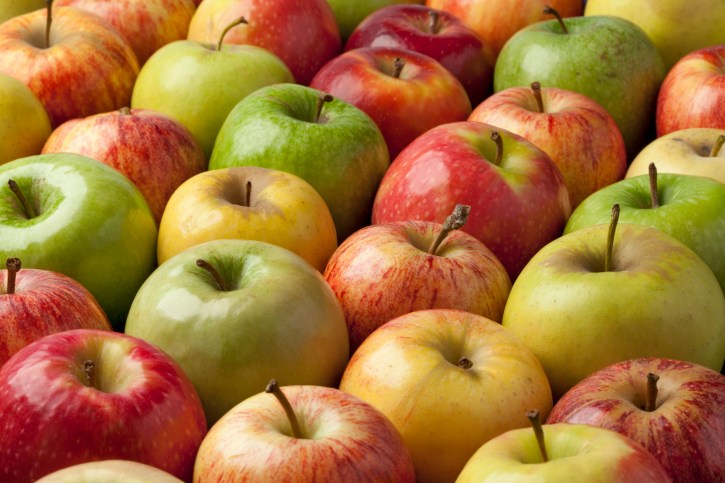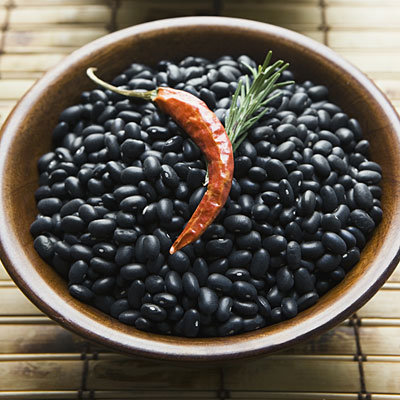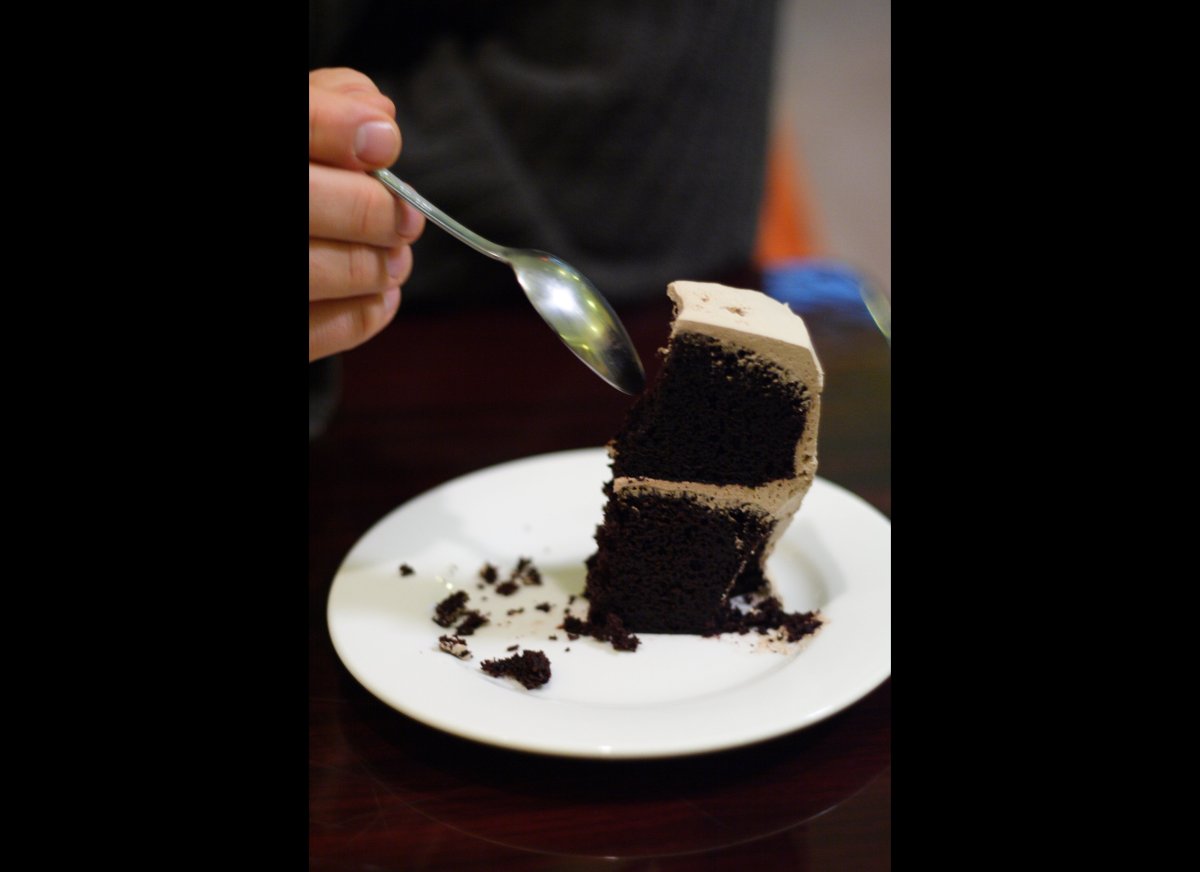Gastric Bypass Patients At Risk For Stomach Blockage How To Avoid This
In a gastric bypass the connection between he stomach pouch and the small intestine is called the gastrojejunal anastomosis. It is roughly the diameter of a ladies little finger. This small opening slows food from leaving the stomach too quickly prolonging the satiated feeling. In extremely rare cases scar tissue may form at this connection resulting in a blocked outlet. Treatment to correct this is the insertion, endoscopically, of a special balloon. The balloon is inflated and expands the anastomosis returning it to the correct size.
If a patient has symptoms of blockage that is not the result of overfilling the stomach pouch they must seek the advice of their bariatric professional. The symptoms include chronic vomiting and food intolerance.
More commonly, a blockage of the anastomosis is caused by poorly chewed foods. Patients must be diligent in avoiding foods that may cause a blockage. This includes large pills, some types or too much bread, overcooked or chewy meats, starches and nuts. If a pill becomes lodged in the stomach outlet it will usually dissolve after a few hours. If food becomes impacted it will be painful to the patient. Food will eventually digest and dislodge itself in most cases. In extreme cases a patient may need to have an endoscopy to dislodge the offending food. Patients in the habit of chewing their food will rarely encounter a blockage or plugged outlet.
When patients do suffer a mild blockage they can find usually relief by taking a dose of Pepto-Bismol and returning to soft foods such as gelatin or broth for a day or two.
Copyright ? 2005 Kaye Bailey - All Rights Reserved.
-
FBF: An Easy And Effective Method To Reduce Body Weight
Rob’s information has been well researched and his own results a
-
Reduce Weight — Ways to Handle This type of Difficult task
Attempting to keep in top condition is difficult as you has become tem
-
How Diet Can Affect Your Metabolic Rate
Metabolism is a relatively new word in our every day vocabulary, mo
-
What Liposculpture Can And Cant Do For You
Some advertisements make liposculpture sound like it is positively mag
-
Exercises for Everyone
Everyone can and should be doing some t
-
5 Tips For Effortless Weight Loss
- DON'T MISS
- Phendimetrazine A Recipe To Weight Loss
- Reasons for a Detox Diet
- Need to Lose Weight? Here are 50 Top Reasons to Lose the Weight
- Oprah, Women, Food, and God and Skinny Thinking
- Tone Up Your Muscle Tissue And Increase Your Fat Burning Potential
- Does The HTC Flyer 7 Have The Possibility To Be Very Good Tablet PC?
- Is My Diet Coke Making Me FAT?
- Diet you should have if you have an Endomorph Body
- Cost Of Weight Loss Program
- Discover That Hot Body Hiding Within You With Fast Weight Loss For Women




